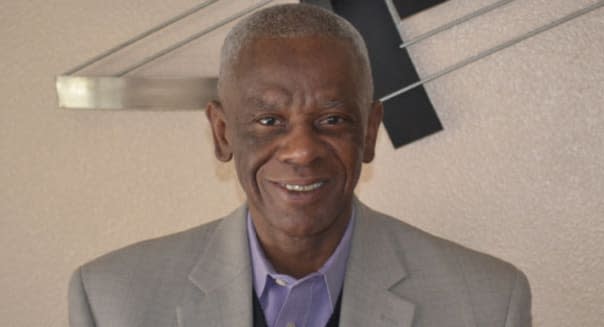Why So Many Boomers Are Launching Businesses

By Kimberly Palmer
When Jeffrey Nash, 60, started thinking about his retirement several years ago, he didn't like what he saw. As a salesman for Men's Wearhouse, his income went up and down, and he hadn't yet saved much for retirement. In addition, he was struggling to pay off a mortgage at risk for default.
So Nash decided to build his own business outside of his full-time job. He created a baby walker product and started shopping it around at baby product conventions during his vacation time. His work paid off: Today, he runs his company full-time, and his Juppy has brought in more than $200,000 in revenue. Instead of worrying that he'll spend his retirement in poverty, he plans to continue growing and running his business over the next decade and beyond.
Nash is one of thousands of retirees and near-retirees who are becoming entrepreneurs, turning the traditional view of a laid-back retirement on its head. The Kauffman Foundation reports the 55- to 64-year-old age group represents almost one-quarter of new entrepreneurs in 2012, compared to just 14.3 percent in 1996. The cohort also has a higher level of entrepreneurial activity than the 20- to 34-year-old group.

At a Congressional hearing in February, Elizabeth Isele, co-founder and CEO of SeniorEntrepreneurshipWorks.org, noted seniors are eager to learn more about how to leverage online technology to build businesses. Her efforts with her nonprofit have helped tens of thousands of seniors get "an expanded view of what's possible."
"We know the fastest-growing age group of folks who are starting their own business are boomers," says Debbie Banda, interim director of financial security for AARP. Seniors generally fall into one of two categories, she says: Those who are launching a new business because they need the money, and those who are looking for something interesting and satisfying to do during retirement. In the first category, she says, "They've been laid off during a recession, aren't finding a new job and see entrepreneurship as a way to start earning income again."
The second group is already relatively financially secure, but they expect to live a long life, and they don't want to just "sit on the porch and play golf," she says. "That group is looking into small business ownership as a second career."
This CEO Was 48 When She Launched Her Platform
While some boomers might need to update their technical prowess, as Isele teaches in her workshops, there are also some distinct benefits to launching a business at a more mature stage of life. Jules Pieri, co-founder and CEO of The Grommet, a product launch platform, says being an older entrepreneur (she launched The Grommet when she was 48) means she has a deeper support system to drawn on, as well as more diverse experiences. "I have past experience with the supply chain, new media, assessing technology and behavioral changes –- all that makes me understand business opportunities. Those are like muscles I developed in my career," she says.
"With the older entrepreneur, you also have your network and your wisdom," she adds. Since she has helped others out and made deep connections in the startup world over the last several decades, she can easily call on people today and set up meetings. "I'm also super-decisive. ... I can do that because I'm confident in my own decisions," Pieri says. She doubts she could have launched The Grommet as successfully as a 20-something. Plus, she says, her three sons are now grown, and don't need her as much as they did as toddlers.
Jean Setzfand, vice president of community engagement for AARP, notes there's also been a fundamental shift in the definition of retirement, as boomers no longer equate it with the end of work. In focus groups, she notes, boomers often talk about the expectation that they will always be working in some capacity. "Some people don't see retirement as a possibility, and they want to stay active and keep working," she says.
Retirement? What Does That Mean?
Indeed, an AARP report released in January, "Staying Ahead of the Curve," found that seven in 10 experienced workers plan to work during retirement, including 29 percent who plan to work part time for enjoyment, 23 percent who plan to work part time for the income and 13 percent who say they will start a new business or work for themselves.
%VIRTUAL-article-sponsoredlinks%Banda urges boomers considering launching a new business to stay away from financing it with retirement savings, like a 401(k). "Absolutely do not do that," she says. "Unlike a younger person, you have less time to recoup the losses if it doesn't work out." Other options include crowdfunding on sites such as Kickstarter or Indiegogo, local banks and loans backed by the Small Business Association.
Seeking a mentor can also help business owners in the beginning stages of entrepreneurship, Banda says. For example, the SBA Score program helps connect people with mentors. "A mentor is someone who is successful, who knows the ropes and who can help you figure out what kind of funding might be best for you and your business area and background," Banda adds.
The goal of many entrepreneurial boomers is to emulate Nash's example, and to turn a business idea into a fulfilling -– and lucrative –- retirement plan.
Kimberly Palmer is a senior editor for U.S. News Money. She is the author of the new book, "The Economy of You." You can follow her on Twitter @alphaconsumer, circle her on Google Plus or email her at kpalmer@usnews.com.
